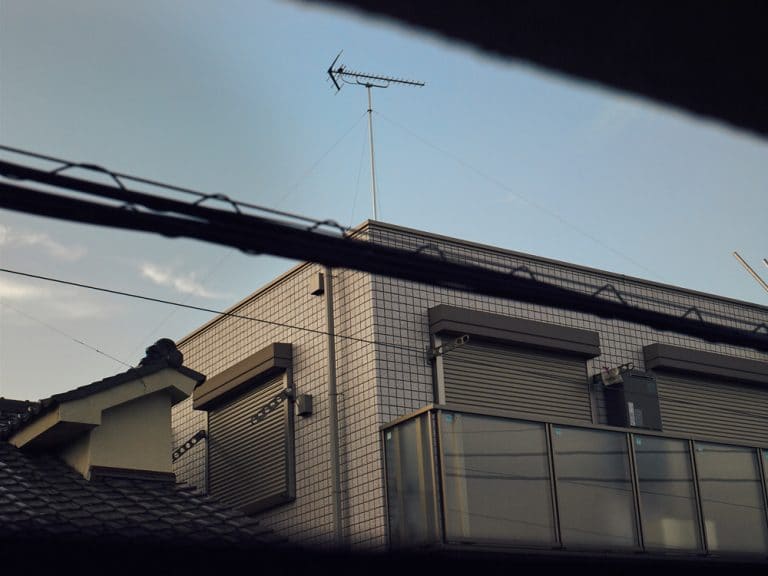Despite online censorship, Chinese citizens are criticising the government over coronavirus
While British nationals who were recently evacuated from coronavirus-stricken Wuhan and placed under quarantine in a UK facility are commenting positively on the efficiency of the British government in response to the outbreak, a growing number of online posts made by Chinese citizens trapped in Wuhan are pleading online for help from the outside world.
In a recent video posted by a number of secondary YouTube accounts, an anonymous Chinese man is seen describing the severity of the situation directly from the locked-down city, criticising the Chinese government for leaving the people of Wuhan in the dark.
With online content and internet use strictly limited in China, the act of uploading a video like this highlights the man’s desperation as he risks serious retaliation from the Chinese authorities—not only for his reproval of the state, but for the post upload itself.
Speaking into the camera, the man’s anguish is palpable: “It is very difficult to post anything online right now. In mainland China, well, you know, you need a VPN and all kinds of stuff, and there’s severe internet latency. So I’ve got no other choice, but to seek help from here.”
In the video, the Chinese national also makes points regarding China’s general health system during the epidemic, and the difficulty in receiving healthcare of any kind currently, no matter the urgency—an issue that many of us outside of Wuhan may well have overlooked. “Perhaps one of your family members has something like a high blood pressure condition or heart attack, and needs to go to the hospital immediately,” he says. “How do we do this? Calling emergency hotline 120, you can try it, it simply doesn’t get through.”
This is not the first time a video has emerged online highlighting the lack of access to urgent healthcare for an illness unrelated to coronavirus in a virus-hit province in China. On 1 February, Global News posted another chilling video of a mother desperately pleading with authorities to let her access medical help for her daughter sick with leukemia, who was seemingly met with little response from Chinese guards.
Highlighting that receiving medical care for even the virus is nearly impossible, the man in the video continues to explain that a total shutdown of public transport and the closure of gas stations make it difficult for many to get to the hospital, adding that even getting there doesn’t mean one would receive treatment. “The hospitals are packed. The doctors don’t tell you to get registered or anything, you just have to line up. You might have to wait hours in line and still can’t get treated. Perhaps you were fine before, but after queuing up for hours, you get contaminated.”
Elsewhere in China, individuals are chronicling the reality of the situation by screenshotting critical posts online by citizens in China and Hong Kong before the Chinese government deletes them, and video clips have emerged on Chinese social media that show Wuhan residents quarantined in the city shouting from tower blocks; some in an effort to keep up morale, others in protest.
As if the lack of efficient response learned from the 2002 SARS outbreak in Southern China wasn’t enough, an even more worrying revelation has come to the fore, suggesting that the Chinese government had been sitting on information on the novel virus for longer than we think.
It was 23 January by the time Wuhan was locked-down and flyers were dispersed in the community to inform them on the virus, yet reports show that Dr Li Wenliang, who died from the disease on 6 February, first warned his medical school classmates of the novel virus in an online chat group as early as 30 December, 2019, commenting that patients had been placed in quarantine. A day later, the Wuhan Municipal Health and Health Commission released a briefing on the new epidemic, and although at this point unaware that the virus could be spread by human-to-human transmission, their brief advice to wear masks seemed to have been lost in a communication breakdown.
Why? Many are claiming the mishandling of vital information during the virus’ nascency is due to the state acting in favour of secrecy and political arrogance, rather than efficiency. A senior fellow for global health at the Council on Foreign Relations (CFR), Yanzhong Huang, was quoted in The New York Times commenting on Chinese officialdom’s shortcomings: “This was an issue of inaction. There was no action in Wuhan from the local health department to alert people to the threat.”
There are two narratives at play online right now surrounding the coronavirus. The first praises the work of Chinese officials in the handling of the situation, the speed of constructing a new hospital to hold patients with the virus and in maintaining ‘calm’ and ‘order’. On the flip side, there is a wealth of bitter comments, stories of non-Chinese parents being removed from the country and forced to leave behind partners and young children with Chinese passports, memes that condemn the government and videos of deceased victims in body bags being loaded into trucks. The latter is the narrative the Chinese government wants to hide.
China’s strict regulations on internet usage, including bans on Facebook and YouTube, and manipulation of the reality of coronavirus by controlling the output through state media and spreading fake images online of a new build hospital in Wuhan, is in no way helping those at the centre of the epidemic who are desperate to survive.
With the posting of online content by those who decide in desperation to defy the gag-rules, we on the outside are able to get an idea of the bigger picture. But what price these brave individuals still trapped in the heart of Hubei will have to pay for their outcries still remains to be seen.





